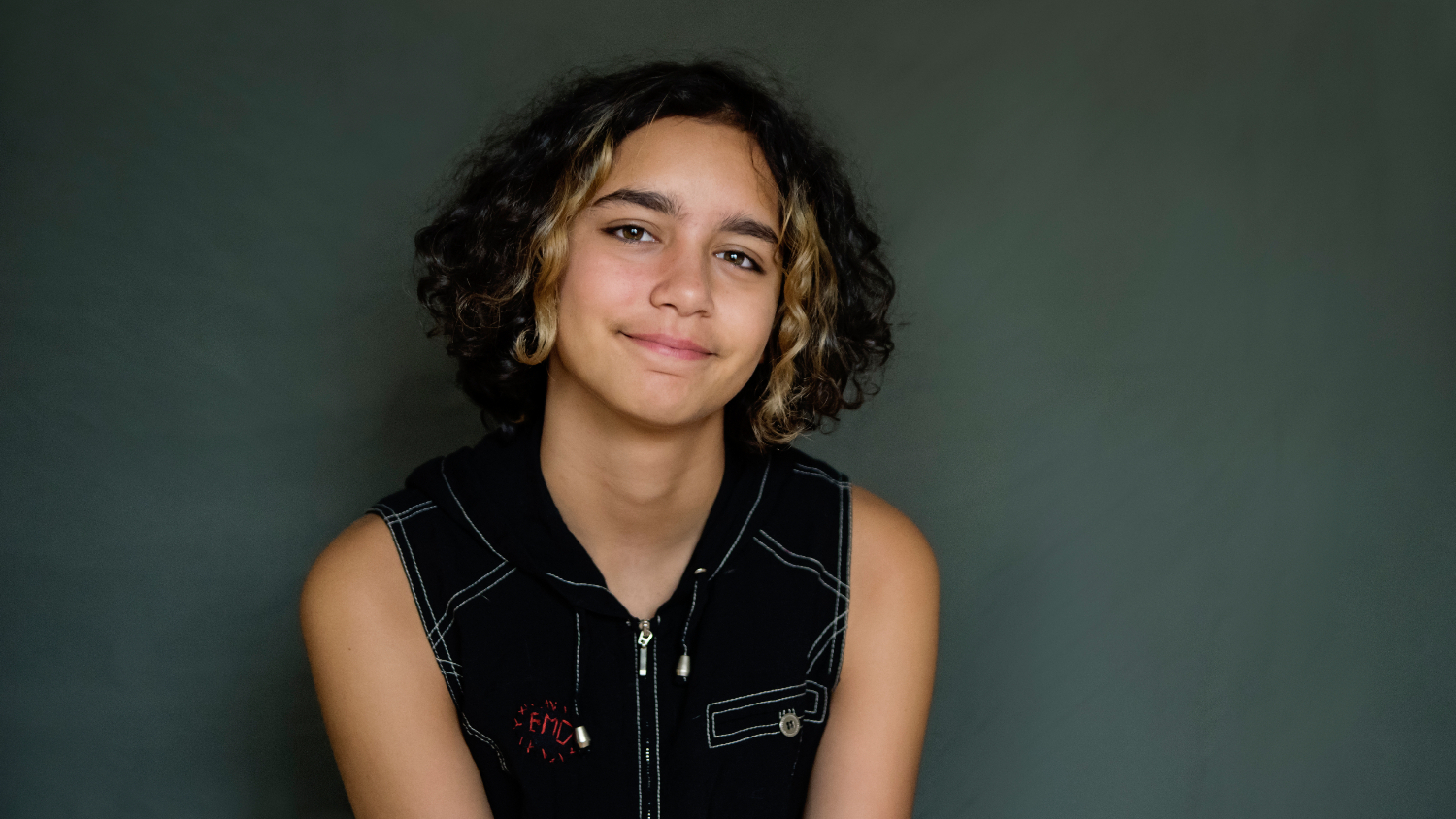

The Gender and Autism Program is directly informed by active research efforts. In collaboration with multiple national and international clinical programs, we developed initial clinical guidelines for the support of gender spectrum autism spectrum youth.
The guidelines emphasize:
- The importance of assessing for autism among gender-diverse youth, as well as assessing gender-related needs in youth on the autism spectrum.
- The broad range of gender-related outcomes for youth with co-occurring autism and gender diversity. Some do ultimately identify as transgender, and there are other possible outcomes as well.
- The need for a more extended period of assessment for some of these youth. Autism-related cognitive-behavioral and social interventions supporting flexible thinking, planning, future thinking and self-awareness are often an important component of this extended assessment and support process.
We have also developed an approach for leading clinical groups for autistic/neurodiverse gender-diverse youth. This approach was co-designed by autistic gender-diverse young people, their parents, self-advocates and providers expert in the co-occurrence.
The clinical group model emphasizes:
- Fostering an atmosphere where all gender journeys are celebrated so that young people know they are welcome in the program no matter where their gender journey leads (e.g., transgender, nonbinary, exploring, cisgender).
- Opportunities to meet role models who reflect many different kinds of gender journeys. This can help neurodiverse gender-diverse youth to more concretely understand and consider various gender experiences, genders and gender-related decisions.
- Supports for gender exploration and gender expression, such as supported opportunities to try out different styles, name, voice, etc.
- Opportunities to meet and connect with other gender-diverse autistic/neurodiverse youth, which can foster socialization and well-being.

Research
Contact Information
To learn more about the current clinical guidelines, our approach for leading clinical groups, or to inquire about our services, please call the Division of Neuropsychology at 301-765-5432 and select the option for the “Autism Clinic.” Then let the scheduling specialist know that you are calling for the Gender and Autism Program.



